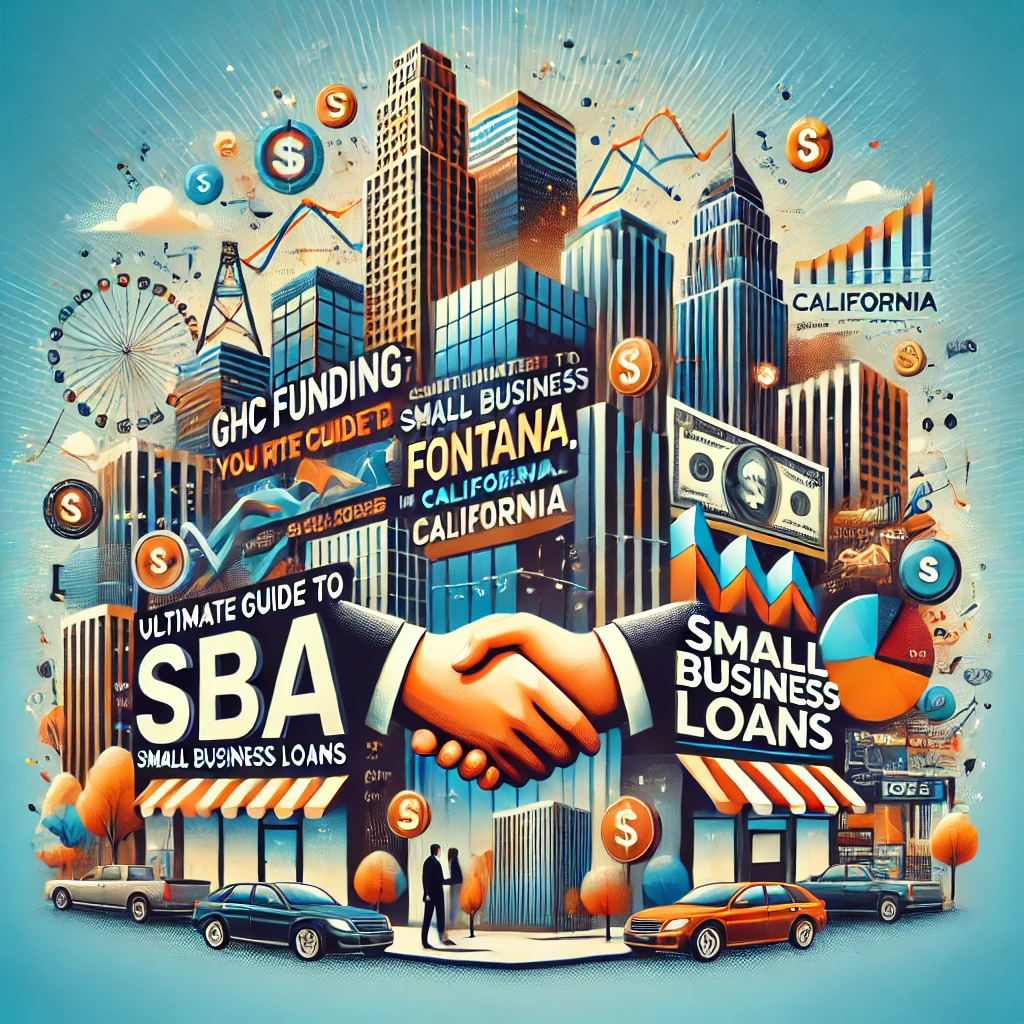How Gen Z Can Start Investing with $100: Complete Guide to Building Wealth Amidst 2025 Market Trends
Curious about the best way to start investing in 2025 as a young adult? If you’re Gen Z (aged 18-27), the landscape is full of both challenges and incredible opportunities. With inflation, AI-powered job markets, and digital banks reshaping everything, the old rules don’t always apply. Fortunately, you don’t need a huge bank account to begin building wealth—even starting with just $100 can make a difference.
- How Gen Z Can Start Investing with 0: Complete Guide to Building Wealth Amidst 2025 Market Trends
- Why Investing Matters More Than Ever for Gen Z in 2025
- Step 1: Set an Investment Goal
- Step 2: Choose the Right Investment Platform
- Step 3: Understand Investment Choices (and Avoid the Pitfalls)
- Step 4: Automate and Build the Habit
- Step 5: Track Your Progress & Stay Informed
- 2025 Market Trends Affecting Young Investors
- Real-World Example: Turning 0 into ,500 Over 30 Years
- Recommended Tools & Resources (2025 Edition)
- FAQs: Investing as Gen Z in 2025
- Next Steps: Your 2025 Investing Roadmap
Why Investing Matters More Than Ever for Gen Z in 2025
- Cost of Living: According to the Bureau of Labor Statistics, rent and daily expenses have risen 8% since 2022. Building investment income is no longer optional.
- AI & Automation: Income streams and job requirements are shifting. Investing helps create financial security beyond your primary job.
- Long-Term Wealth: Thanks to compound interest, money invested in your early 20s has decades to grow, potentially turning hundreds into thousands (or more).
Step 1: Set an Investment Goal
Start with a purpose. Are you aiming for a vacation fund, a down payment, or early retirement? For example:

- Short-term goals (1-2 years): Saving for travel, tech, or a car
- Medium-term goals (3-7 years): Grad school, entrepreneurial venture
- Long-term goals (10+ years): Retirement, building generational wealth
Step 2: Choose the Right Investment Platform
- Robo-Advisors: Tools like Betterment and Wealthfront auto-manage portfolios based on your age and risk profile. Minimums are low ($10-50), fees typically 0.25%-0.35%/year.
- Fractional Share Apps: Platforms like Robinhood, Public.com, and Fidelity allow you to buy portions of popular stocks/ETFs for as little as $1.
- Micro-Investing: Services such as Acorns invest your spare change automatically.
Pro Tip: Check which platforms offer educational content and gamified experiences—these features keep investing fun and help you learn as you grow.
Need capital? GHC Funding offers flexible funding solutions to support your business growth or real estate projects. Discover fast, reliable financing options today!
Test Your Expertise: The Complexities of the 1031 Exchange

As a sophisticated real estate investor, you understand that the 1031 Exchange is a cornerstone strategy for tax deferral and wealth accumulation. But beyond the basics, the intricacies of the 1031 Exchange rules can pose significant challenges. This quiz is designed to test your in-depth knowledge and highlight critical nuances that separate casual investors from true experts in 1031 Exchange transactions.
Instructions: Choose the best answer for each question.
⚡ Key Flexible Funding Options
GHC Funding everages financing types that prioritize asset value and cash flow over lengthy financial history checks:
-
Bridge Loans: These are short-term loans used to "bridge the gap" between an immediate need for capital and securing permanent financing (like a traditional loan or sale). They are known for fast closing and are often asset-collateralized, making them ideal for time-sensitive real estate acquisitions or value-add projects.
-
DSCR Loans (Debt Service Coverage Ratio): Primarily for real estate investors, these loans are underwritten based on the property's rental income vs. debt obligation ($\text{DSCR} = \text{Net Operating Income} / \text{Total Debt Service}$), not the borrower's personal income or tax returns. This offers flexibility for those with complex finances.
-
SBA Loans: The Small Business Administration (SBA) guarantees loans offered by partner lenders. While providing excellent terms (long repayment, lower rates), the application process is typically slower than private/bridge funding, often making them less suitable for immediate needs. SBA eligibility heavily relies on the DSCR metric for repayment assessment.
🌐 Learn More
For details on GHC Funding's specific products and to start an application, please visit their homepage:
The Ultimate DSCR Loan for Rental Property Quiz

Are you looking to expand your real estate investment portfolio? A DSCR loan might be the perfect tool to help you achieve your goals without relying on traditional income documentation. Test your knowledge with this quiz to see if you're ready to master the intricacies of a DSCR loan for rental property.
Step 3: Understand Investment Choices (and Avoid the Pitfalls)
- Index Funds & ETFs: These basket funds track the overall market or specific sectors. SPDR S&P 500 ETF Trust (SPY) is a classic beginner’s choice.
- Sustainable (ESG) Investments: Companies like Vanguard ESG U.S. Stock ETF (ESGV) let you support businesses aligned with your values. ESG investing is projected to reach $60 trillion in assets by end of 2025.
- Cryptocurrency: Invest in moderation. Regulators continue evolving rules—only allocate what you can afford to lose.
Common Mistakes to Avoid
- Day Trading FOMO: Chasing trendy “meme stocks” or crypto can lead to emotional, high-risk decisions.
- Neglecting Emergency Funds: Don’t invest money you might need for rent, food, or emergencies. Build a $500-$1,000 cash buffer first.
- Ignoring Fees: Small fees (even 1%) can eat into returns. Always check platform costs.
Step 4: Automate and Build the Habit
The easiest way to grow wealth with limited funds is to automate small, regular investments:
- Set a recurring monthly or weekly transfer (e.g., $20/week = $1,040/year)
- Use apps like Stash, Acorns, or SoFi to manage and automate contributions
- Enable round-ups from everyday purchases to squirrel away micro-amounts
Step 5: Track Your Progress & Stay Informed
Market volatility may look intimidating in 2025, but the key is to avoid knee-jerk reactions. Use financial dashboards—Personal Capital, Mint, or your brokerage’s free tools—to monitor your growth.
- Reassess your risk level annually
- Read financial blogs, listen to Gen Z-focused investing podcasts, follow proven creators (not TikTok hype)
- Update your goals as life evolves
2025 Market Trends Affecting Young Investors
- Interest Rates: The Fed’s March 2025 adjustment means savings accounts yield 3.4% (up from 0.5% in 2022)—so consider splitting cash between high-yield savings and investments.
- AI & Gig Economy: Many Gen Zers juggle side hustles—set aside a small percentage of every gig payment to invest.
- Sustainable Investing: Over 70% of Gen Z says they want their money aligned with their values—prioritize funds rated for ESG, climate, or gender equity criteria.
Real-World Example: Turning $100 into $18,500 Over 30 Years
✅ Small Business Resources
-
SBA – Small Business Administration
https://www.sba.gov - SCORE Mentors (Free Mentoring & Workshops)
https://www.score.org - Small Business Development Centers (SBDC)
https://americassbdc.org
Are You an SBA Real Estate Loan Expert?

Test your in-depth knowledge on using SBA Loans for owner-occupied commercial Real Estate acquisition. These questions delve into the critical details that can impact your business's growth and financial strategy.
If you invest $100 and add just $20/month, earning 7% average annual returns:
- After 10 years: $3,420
- After 20 years: $8,600
- After 30 years: $18,500+
✅ Real Estate Investor Resources
-
AirDNA (Short-Term Rental Data)
https://www.airdna.co - Rentometer (Rent Comps)
https://www.rentometer.com - Zillow Research & Data
https://www.zillow.com/research
DSCR Loan IQ Quiz!

Test your knowledge of Debt Service Coverage Ratio (DSCR) loans!
This growth comes thanks to compound interest—start early, keep it up, and let your money work while you sleep.
Recommended Tools & Resources (2025 Edition)
- Best for beginners: Robinhood, Fidelity Spire, M1 Finance, Acorns
- Best for learning: Khan Academy, Investopedia, Gen Z Money social media channels
- Best for automation: SoFi, Stash, Ally Invest
- Best for ESG: Vanguard ESG, Fidelity Sustainable U.S. Equity ETF (FSST)
FAQs: Investing as Gen Z in 2025
- What’s the best way for Gen Z to start investing in 2025?
- Open an account with a low-cost robo-advisor or fractional share platform. Start with $100, automate small monthly transfers, and focus on diversified ETFs or index funds over individual stocks.
- Is now a bad time to invest with inflation so high?
- No. Over time, market returns usually outpace inflation. Starting early gives your money time to compound, which helps beat rising costs.
- How do new AI-driven jobs affect my financial plan?
- AI can disrupt job security but also creates new freelance and tech opportunities. Diversify income streams and invest a portion of each deposit automatically.
- Should I invest in crypto?
- Crypto remains volatile in 2025. It’s wise to limit exposure to 5-10% of your portfolio and stick to reputable coins.
- How much should I have in an emergency fund before investing?
- Have at least $500-$1,000 for emergencies first. After that, dedicate surplus to investing.
Next Steps: Your 2025 Investing Roadmap
- Set up an emergency fund
- Define your investing goal
- Open an investing account with as little as $100
- Choose diversified, low-cost ETFs or index funds
- Automate monthly investments
- Track progress and adjust annually
- Stay curious and keep learning—investing is a lifelong skill!
Ready to make your first investment? Start today—the sooner you begin, the more your money can grow. Embrace the 2025 investing tools built for Gen Z, and prioritize both discipline and flexibility. Wealth-building isn’t just for the rich—it’s for anyone willing to start, even with just $100.
Get a No Obligation Quote Today.



